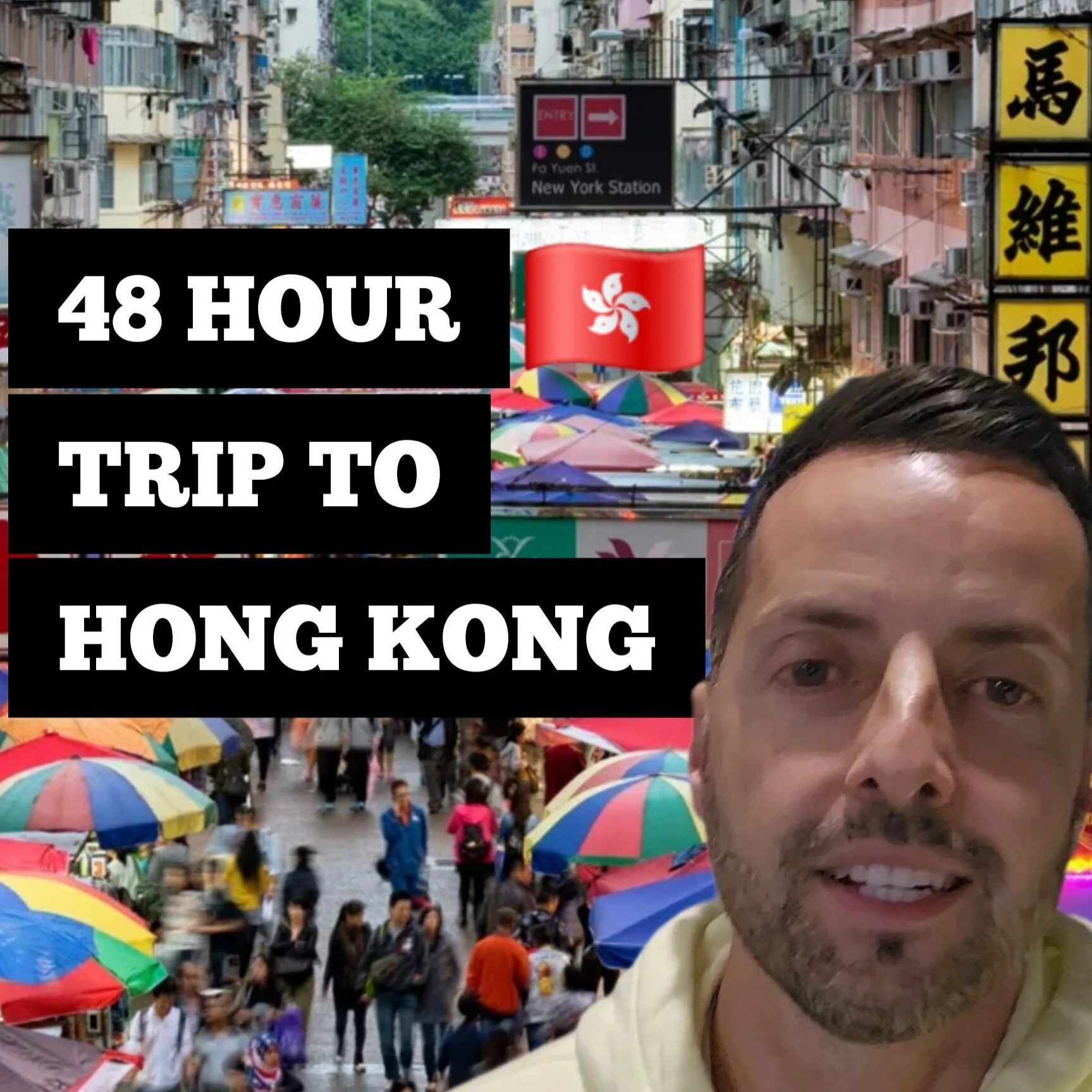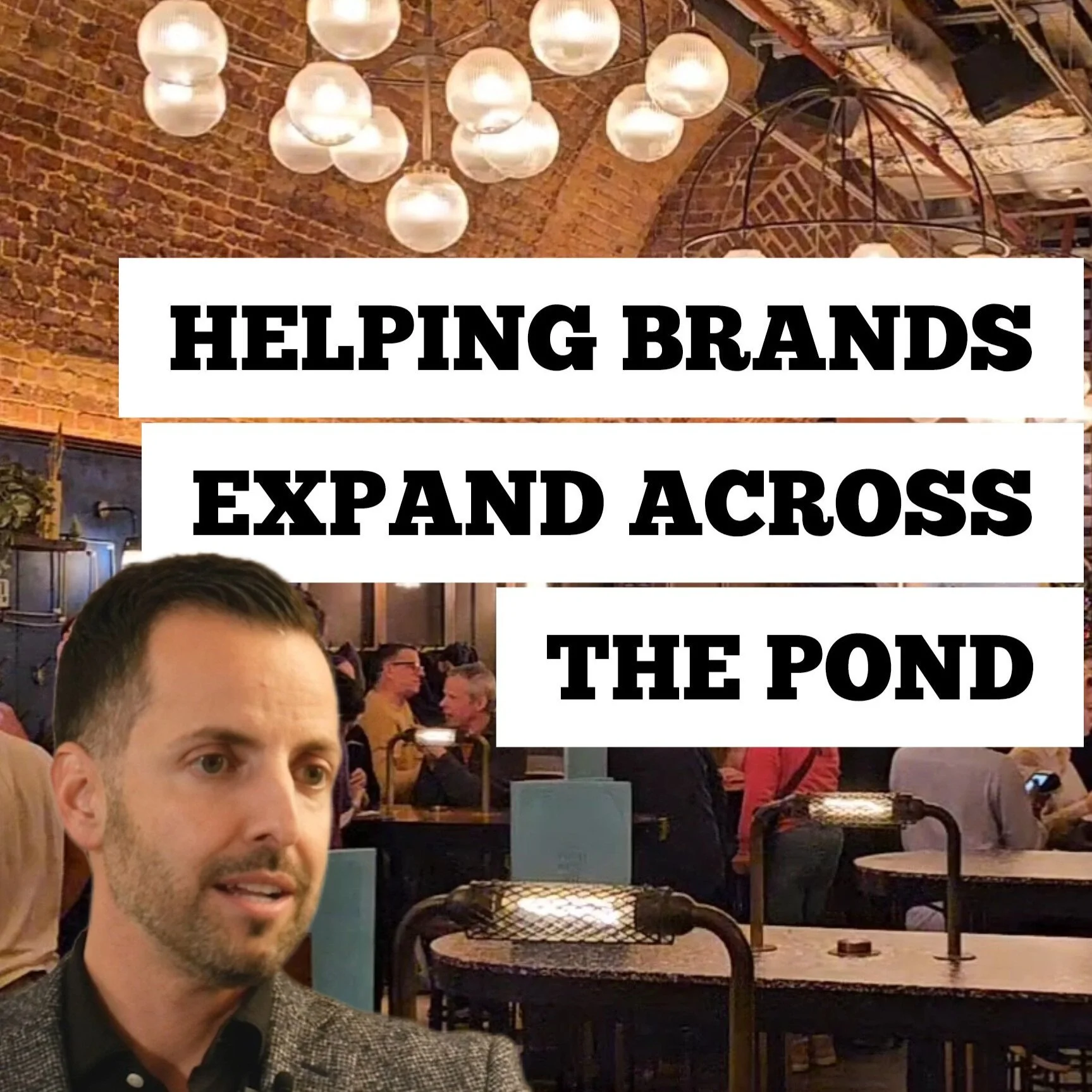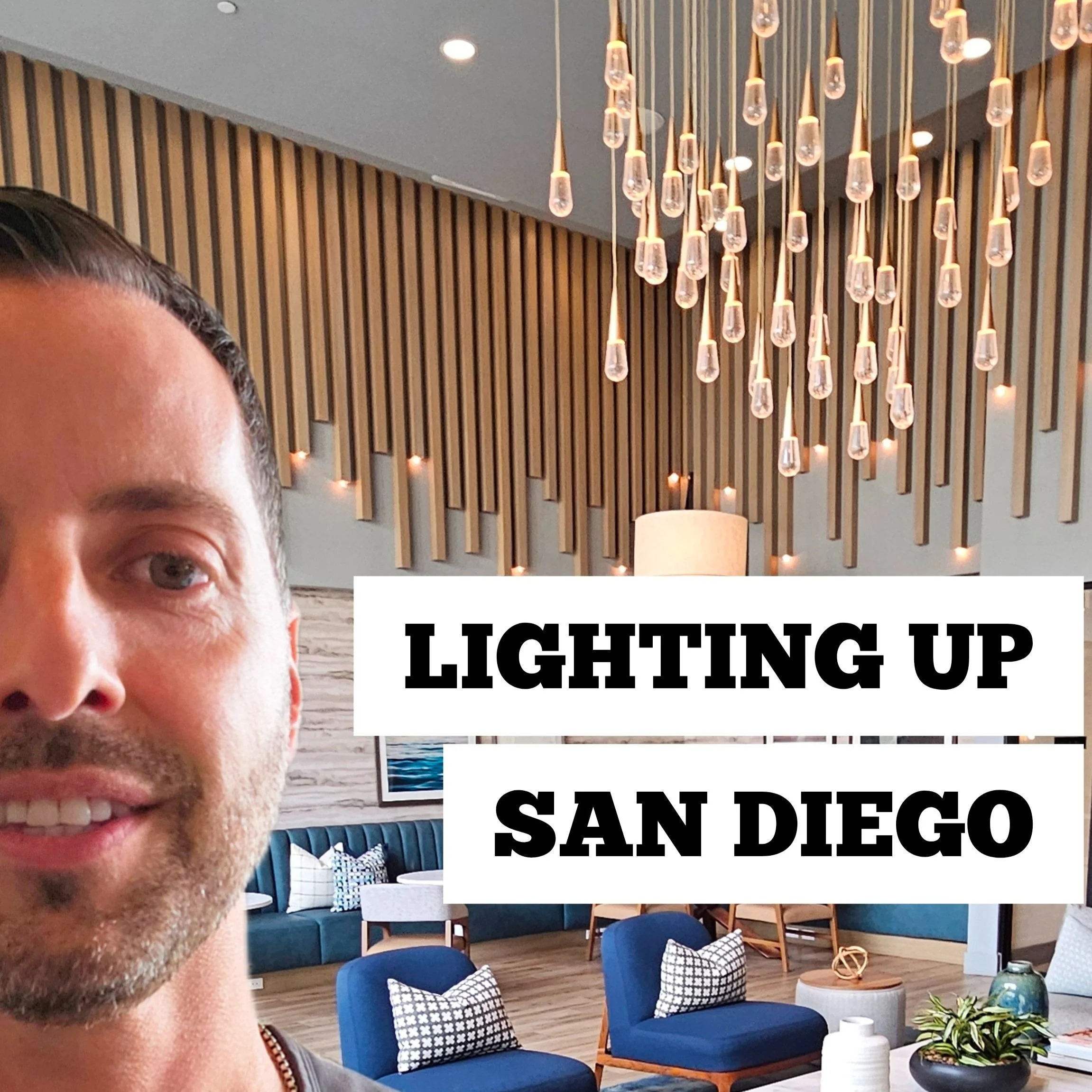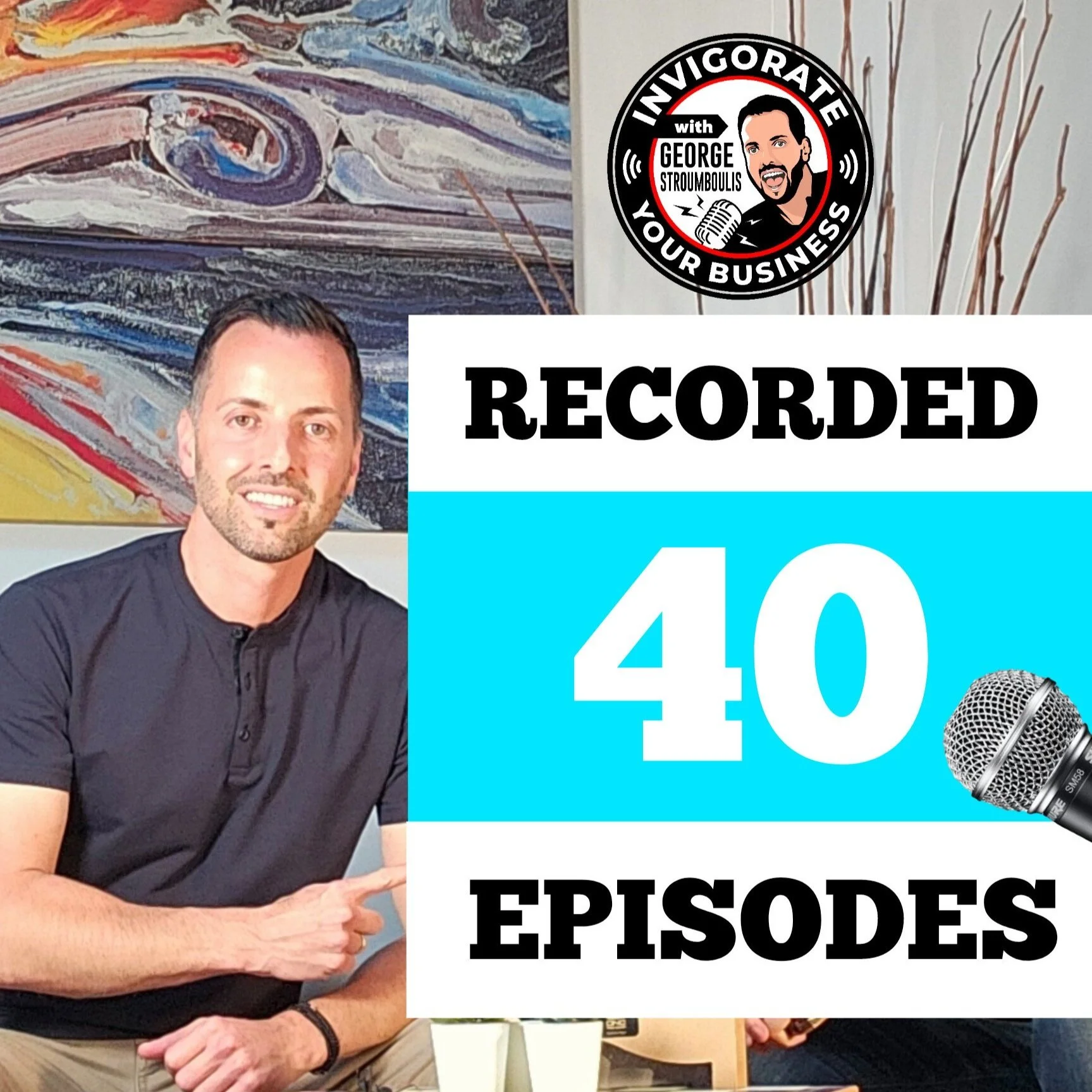WE HAVE BIG HEARTS. WE TREAT STRANGERS LIKE FAMILY. WE ARE GREEKS.
“Next time you come across a fellow Greek in your travels or theirs, embrace them, share stories and carry on the Greek virtue of filotimia.”
Chilly autumn day in New York City. Sitting at a restaurant finishing my breakfast and reading my newspaper when I ask for the check to pay. The waiter comes back and says it is taken care of by the gentleman in the corner. I look over and an older man walks my way and starts speaking Greek to me. I introduced myself and he said “Ah re Olympiakara” while looking at my jacket. He recognized the Olympiakos logo and said my money is no good in here… 45 minutes later, we knew everything about each other and where we come from. Since then, this complete stranger has become a close friend.
This is an example of something I have experienced my entire life traveling the world. The hospitality and warmth shown by Greeks to complete strangers. Being a Greek living outside of Greece, we have all experienced something like this – a smile, a suggestion, unsolicited advice, a meal, or a coffee… something presented to us as a gesture of hospitality. This is who we are.
Growing up in Canada, we had the Greek culture engrained in our everyday life – a certain level of pride that came along with it. Whether it was a new customer coming into the family restaurant, the Greek language overheard on a busy street or someone who introduces us to a “horiano” of theirs, it still amazes me to this day how we instantly want to learn more about them, where they are from, what part of Greece they hail from or what their opinions are on current events affecting the motherland. It amazes me how we immediately accept a stranger into our circles and converse with them. This is who we are.
To this day, I could be on a subway in New York and hear a tourist speaking Greek to their friend and I will go out of my way to introduce myself and start a conversation. I am not an isolated case. I have experienced this in every country I have visited and have been on both sides of this scenario. An unspoken but implicit rule that demands we be proud of our roots, our parent’s heritage and those who we come in contact with throughout life.
With more Greeks migrating to distant countries around the world during these economically challenging times, it is my hope that that they too will experience the filotimia from their countrymen. It is my hope that Greeks already established within their communities outside of Greece will continue to feel that level of interest to engage countrymen, provide insight into the local market if needed and extend a welcoming hand as I have been fortunate enough to experience over the first 32 years of my life.
This is what Greece produces. This is who Greeks are. It is the subtle way Greeks in Greece welcome the world, the subtle way we engage our people and support each other through knowledge and insight. The encouraging way we open our hearts, homes and businesses to those willing to experience it.
Why do we do this?
Is it perhaps the pride we have in being Greek? The passion we have for our motherland? Or is it because being part of the Greek diaspora represents a challenge or a struggle each family and individual has faced when they left the motherland on their journey to a new country? Whatever the core reason, one thing is for certain – next time you come across a fellow Greek in your travels or theirs, embrace them, share stories and carry on the Greek virtue of filotimia. It does wonders for us as a people, our communities we have helped establish and the country we all love.
With my upcoming trip to glorious Australia, I am looking forward to experiencing one of the strongest Greek communities outside of Greece. I look forward to hearing their stories and comparing notes. This is who we are.











